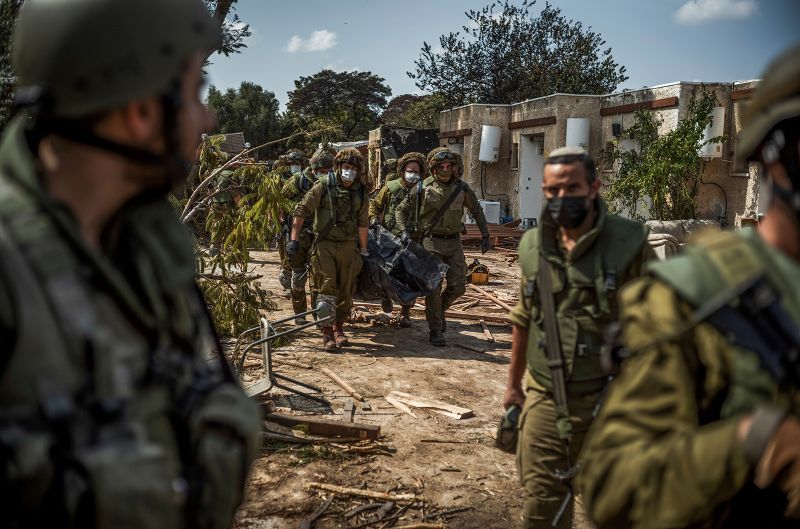A Year On From October 7, The Middle East Is Facing Its Greatest Upheaval In A Half Century
Turning our attention to the complex landscape of the Middle East, it becomes evident that the region is currently on the brink of significant transformation. From political turmoil to socio-economic challenges, the Middle East is facing perhaps its most intense upheaval in fifty years.
One of the key factors contributing to this turbulent period is the ongoing conflict in Syria. The civil war in Syria has not only resulted in devastating humanitarian crises but has also drawn in multiple regional and international actors, further complicating the situation. The conflict has led to the displacement of millions of Syrians, placing a significant strain on neighboring countries and contributing to a broader refugee crisis that has reverberated across the world.
Another critical issue facing the Middle East is the intensifying rivalry between regional powers such as Saudi Arabia and Iran. This geopolitical competition has manifested in various proxy conflicts and has further destabilized the region, leading to increased tensions and insecurity.
Furthermore, the rise of non-state actors, such as ISIS and other extremist groups, has added another layer of complexity to the region’s challenges. These groups have exploited power vacuums and marginalized communities to fuel their radical ideologies, posing a significant threat to stability and security in the Middle East.
Economic challenges also loom large over the region, with many countries facing high unemployment rates, inflation, and resource scarcity. These economic woes have exacerbated existing social grievances and have contributed to widespread frustration and discontent among the population.
In the midst of this turmoil, the role of external actors, including the United States, Russia, and European countries, has further complicated the dynamics of the region. Competing interests and interventions from these external powers have often prolonged conflicts and hindered efforts towards peaceful resolutions.
As the Middle East navigates these tumultuous times, it is essential for regional and international stakeholders to prioritize dialogue, cooperation, and diplomacy in search of sustainable solutions. Addressing the root causes of conflicts, promoting inclusive governance, and fostering economic development are imperative steps towards building a more stable and prosperous Middle East.
In conclusion, the Middle East is currently experiencing a period of upheaval that presents significant challenges to its stability and prosperity. By addressing the multifaceted issues facing the region and working towards collaborative and inclusive solutions, there is hope for a more peaceful and resilient Middle East in the future.

